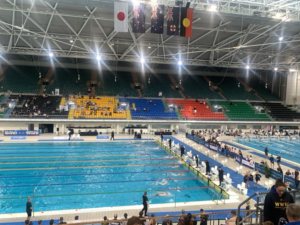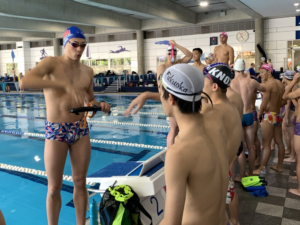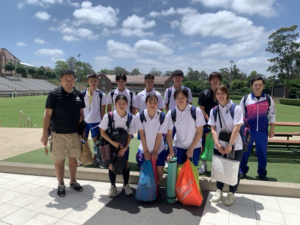At CLAIR, we have found several cases of Japanese sister city relationships and friendship city relationships that involve collaborative efforts for finding solutions to both:
-larger structural or international concerns that go beyond the scope of any single local government or nation to solve independently and
-social or local challenges requiring a grass-roots approach.
A prime example is Yokosuka’s sister city relationships with four cities in Australia, France, the UK, and the US. These relationships are a recipient of the Minister for Internal Affairs and Communications Award, which is awarded to those organisations that have achieved excellent international exchange relationships with one another. Yokosuka City is actively working to further awareness and sharing of the concept of “Fair Trade” with its sister cities. The concept of Fair Trade is most effectively achieved through collaborative efforts on an international scale. The sister city network is a potentially effective method of furthering awareness about worthy causes such as Fair Trade among governments, organizations and citizens in a way that extends beyond national borders.
Another example is Bunkyo’s sister city relationship with Kaiserslautern in Germany, also a Minister for Internal Affairs and Communications Award recipient. When the Great East Japan Earthquake occurred in 2011, Bunkyo Ward assisted Kaiserslautern City in donating relief funds to a third party, a damaged local government region. To reciprocate, when Kaiserslautern city was under strain to support a large number of refugees, Bunkyo citizens donated to the city’s refugee support facilities.
Mihara’s friendship city relationship with Palmerston North in New Zealand is another strong example of collaborative efforts for common local problems. Both cities have suffered from many earthquakes and floods in the past. They started an exchange program between staff responsible for natural disaster crisis management, so that the departments can learn from one another and collaborate on methods for improving their services.
I believe it is essential for us, the human race, to take stock of our current situation and explore our options, and responsibilities for the future. In order to cope with global scales issues effectively, nations must cooperate with one another; and within that nation, the federal, state and local level government bodies, enterprises, NPOs, and NGOs must cooperate with each other.
Local governments often know best the concerns of their residents and can identify regional solutions for regional problems that may not be benefited by a national approach. Because societies are rapidly changing in complex ways, it is important that local governments go beyond both domestic and national borders to collaborate with other similarly-challenged regions. It is also essential that local governments effectively communicate the results of such collaborative efforts to future generations, so that this wisdom isn’t lost over time.
If these steps can be taken, there is a potential for sister city relationships and friendship city relationships to achieve even more than what we have seen so far. It can lead to a real cooperative partnership between local governments, where solutions to common challenges are found through strong communication and collaboration, and the benefits are passed directly on to the community. I believe that the examples described above all reflect this goal and I hope that their successes can encourage and inspire you in your own efforts towards globalization, healthy international relations and socio-economic problems solving. CLAIR Sydney will continue to support these future-oriented exchange activities between sister cities and friendship cities.

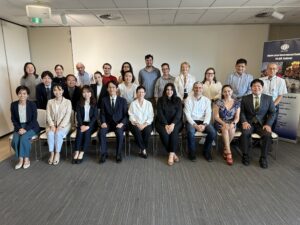
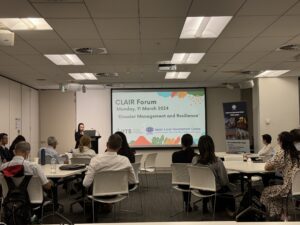
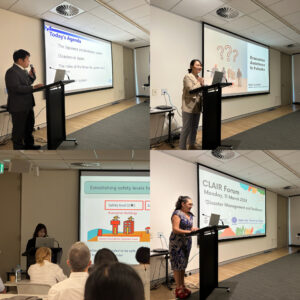
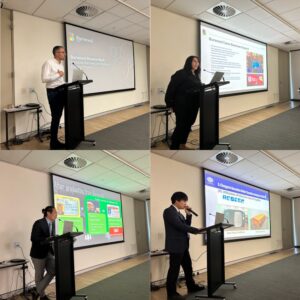
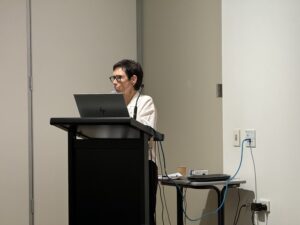
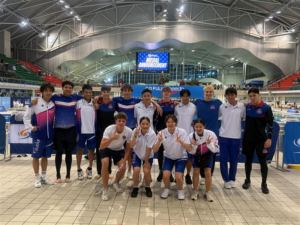 12月3~13日、福岡県水泳連盟の選抜選手8名がNSW州を訪問し、現地の学校との合同練習とNSW州の大会に参加しました。
12月3~13日、福岡県水泳連盟の選抜選手8名がNSW州を訪問し、現地の学校との合同練習とNSW州の大会に参加しました。